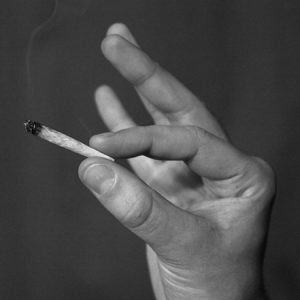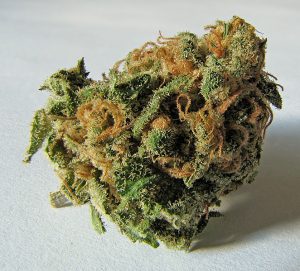A Jefferson Park Smoke Shop owner and operator has defeated charges that he unlawfully sold drugs to undercover officers. The owner was facing four counts, two felonies, and two misdemeanors. The man was accused of selling marijuana from his smoke shop but confessed only to smoking marijuana.
Separately, building inspectors shut down the building that the owner was operating out of. As of right now, the smoke shop is shut down and will not be reopening. The landlord claims that he tossed the tenant due to his legal troubles. The tenant claims that building inspectors shut down the building due to rotten columns. As it stands, the tenant is correct. The building was cited for rotting or broken columns, a lack of smoke or carbon monoxide detectors, and improperly stored flammable materials. All of that would be on the landlord and not the tenant.
Suspect Victim of Hate Crime
 Chicago Criminal Lawyer Blog
Chicago Criminal Lawyer Blog






